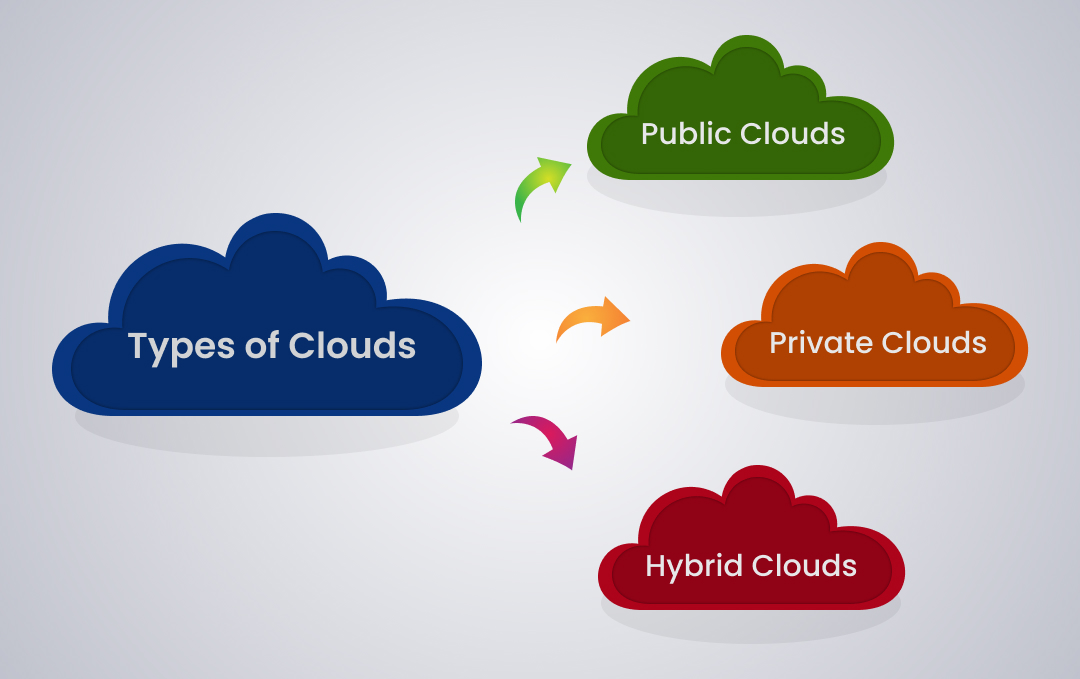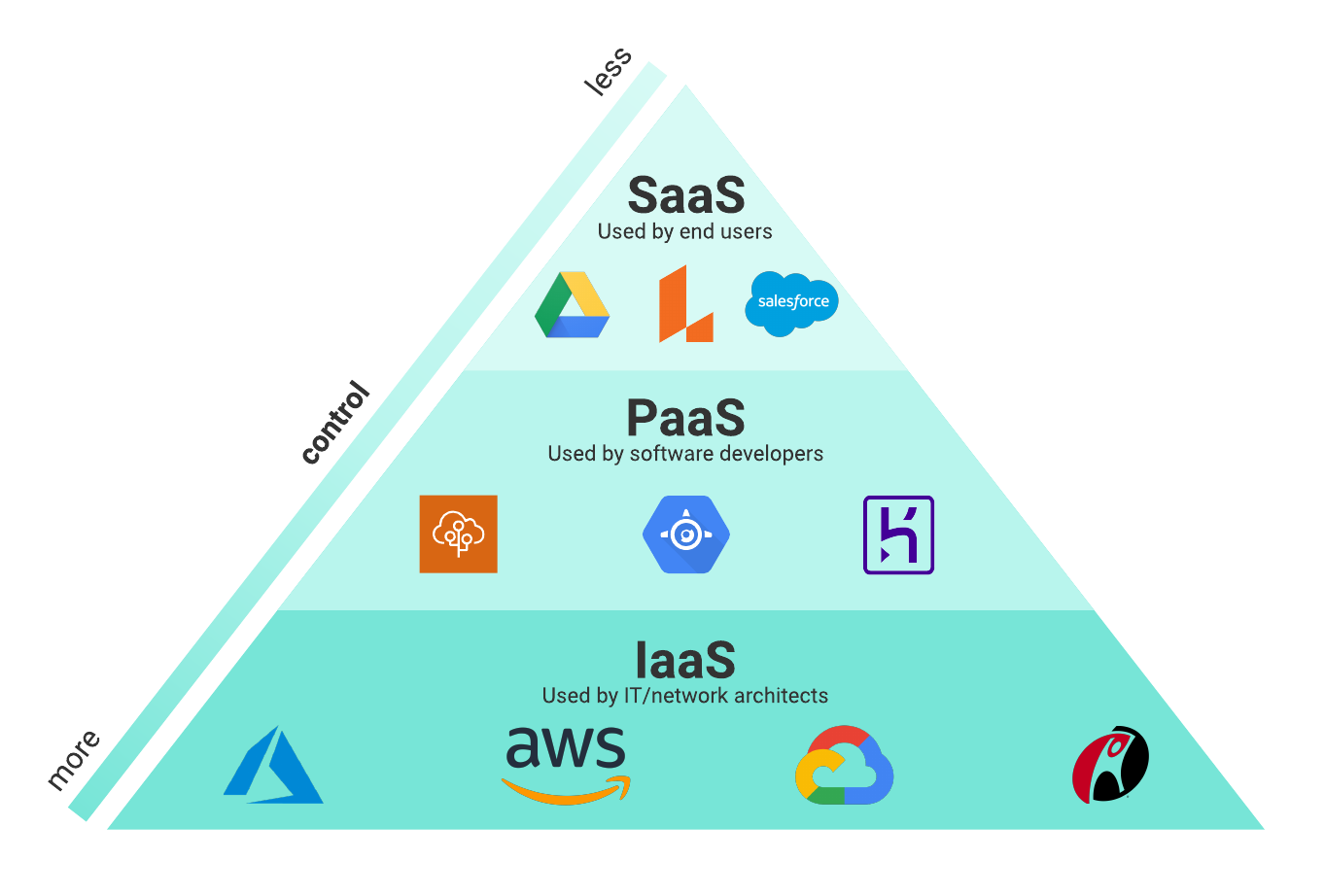Streamline IT Administration With Cloud Solutions
Cloud solutions have actually emerged as a feasible solution for services looking to boost effectiveness, decrease costs, and boost total IT performance. Exactly how precisely do these cloud solutions revolutionize traditional IT administration techniques? Let's explore the transformative effect of leveraging cloud solutions on IT procedures and the essential considerations for successful execution.
Advantages of Cloud Provider

In addition, cloud services allow organizations to boost their functional effectiveness by enhancing procedures and lowering the time and sources needed for managing IT infrastructure. With cloud solutions, services can automate routine tasks, such as software application updates and data backups, liberating IT teams to focus on even more calculated initiatives that drive business worth.

Improved Scalability and Versatility
Cloud services supply organizations with exceptional scalability and flexibility in handling their IT sources successfully. With cloud solutions, organizations can swiftly scale up or down their computer sources, storage space capacity, and network transmission capacity to meet changing needs without the requirement for significant ahead of time financial investments in hardware.
Furthermore, cloud services give the versatility to pick from a range of service designs, such as Facilities as a Service (IaaS), System as a Service (PaaS), or Software as a Service (SaaS), based on the specific demands of the service. The improved scalability and adaptability supplied by cloud solutions equip businesses to enhance their IT operations and stay dexterous in today's dynamic market environment.

Cost-Effectiveness and Financial Savings
With the capacity to successfully allot resources based on need, businesses utilizing cloud services can harness considerable cost-effectiveness and understand significant financial savings in their IT operations. Additionally, cloud solutions minimize upkeep costs by shifting the duty of equipment maintenance and software application updates to the solution company. On the whole, the cost-effectiveness and financial savings achieved through cloud solutions enable organizations to reapportion resources in visite site the direction of technology and development initiatives.
Improved Security and Compliance
Enhancing the general protection position and ensuring regulative compliance are critical considerations for businesses leveraging cloud solutions in their IT monitoring techniques. Cloud solution providers provide innovative security steps, such as information file encryption, multi-factor authentication, and automated back-ups, which can bolster a business's security framework. These providers additionally stick to strict regulatory criteria, such as GDPR, HIPAA, and PCI DSS, helping services satisfy compliance needs much more efficiently.
Applying cloud solutions can improve protection by supplying streamlined control over gain access to management, surveillance, and information protection. This central approach streamlines protection monitoring and ensures constant application of safety and security plans throughout the company. Furthermore, cloud solutions typically click to read more use real-time protection updates and spots, minimizing the threat of susceptabilities and potential violations.
Best Practices for Cloud Execution
Implementing cloud services effectively requires an organized method that includes complete planning and diligent execution. To make click here for more info certain a smooth change to the cloud, companies need to begin by carrying out a comprehensive assessment of their current IT framework and identifying which workloads appropriate for movement. It is vital to develop clear goals and specify crucial performance indications (KPIs) to determine the success of the cloud application.
Among the very best practices for cloud application is to carefully pick a cloud provider that aligns with the organization's needs in regards to safety, scalability, compliance, and cost-effectiveness. Furthermore, producing a comprehensive movement strategy that outlines the steps included, timelines, and obligations is critical for a successful implementation.
Consistently maximizing and checking cloud sources to make certain reliable performance and cost monitoring is another crucial facet of cloud execution finest methods. Constant evaluation of the cloud environment and remaining educated about updates and brand-new features offered by the cloud service provider can better boost the company's cloud technique. By adhering to these ideal techniques, organizations can improve their IT monitoring and maximize the benefits of cloud solutions.
Final Thought
In conclusion, leveraging cloud solutions for IT management provides various benefits, consisting of enhanced scalability, cost-effectiveness, boosted safety, and compliance. Overall, cloud solutions boost operational effectiveness and agility in handling IT facilities.
Additionally, cloud solutions supply the versatility to choose from a variety of solution designs, such as Framework as a Solution (IaaS), Platform as a Solution (PaaS), or Software as a Service (SaaS), based on the particular needs of the service. In addition, cloud services minimize maintenance expenses by shifting the responsibility of equipment maintenance and software updates to the service provider.Enhancing the general safety stance and guaranteeing governing compliance are critical factors to consider for businesses leveraging cloud solutions in their IT management techniques.On a regular basis optimizing and checking cloud sources to ensure effective performance and expense management is an additional crucial element of cloud application best practices. Continual evaluation of the cloud setting and remaining notified concerning updates and new attributes supplied by the cloud copyright can better improve the company's cloud technique.